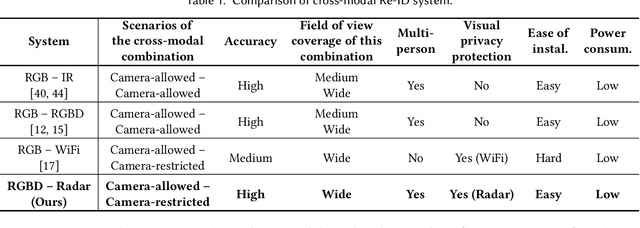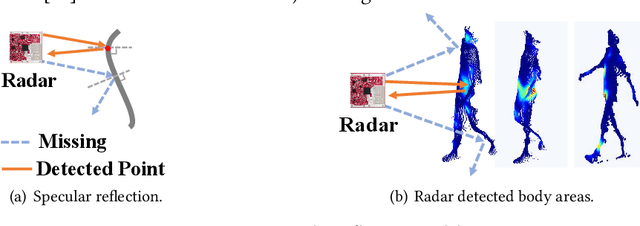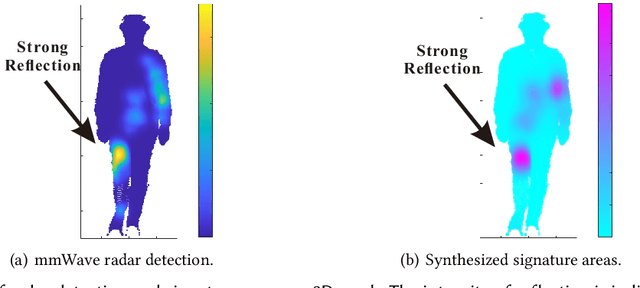Dongjiang Cao
AddrLLM: Address Rewriting via Large Language Model on Nationwide Logistics Data
Nov 17, 2024



Abstract:Textual description of a physical location, commonly known as an address, plays an important role in location-based services(LBS) such as on-demand delivery and navigation. However, the prevalence of abnormal addresses, those containing inaccuracies that fail to pinpoint a location, have led to significant costs. Address rewriting has emerged as a solution to rectify these abnormal addresses. Despite the critical need, existing address rewriting methods are limited, typically tailored to correct specific error types, or frequently require retraining to process new address data effectively. In this study, we introduce AddrLLM, an innovative framework for address rewriting that is built upon a retrieval augmented large language model. AddrLLM overcomes aforementioned limitations through a meticulously designed Supervised Fine-Tuning module, an Address-centric Retrieval Augmented Generation module and a Bias-free Objective Alignment module. To the best of our knowledge, this study pioneers the application of LLM-based address rewriting approach to solve the issue of abnormal addresses. Through comprehensive offline testing with real-world data on a national scale and subsequent online deployment, AddrLLM has demonstrated superior performance in integration with existing logistics system. It has significantly decreased the rate of parcel re-routing by approximately 43\%, underscoring its exceptional efficacy in real-world applications.
Cross Vision-RF Gait Re-identification with Low-cost RGB-D Cameras and mmWave Radars
Jul 16, 2022



Abstract:Human identification is a key requirement for many applications in everyday life, such as personalized services, automatic surveillance, continuous authentication, and contact tracing during pandemics, etc. This work studies the problem of cross-modal human re-identification (ReID), in response to the regular human movements across camera-allowed regions (e.g., streets) and camera-restricted regions (e.g., offices) deployed with heterogeneous sensors. By leveraging the emerging low-cost RGB-D cameras and mmWave radars, we propose the first-of-its-kind vision-RF system for cross-modal multi-person ReID at the same time. Firstly, to address the fundamental inter-modality discrepancy, we propose a novel signature synthesis algorithm based on the observed specular reflection model of a human body. Secondly, an effective cross-modal deep metric learning model is introduced to deal with interference caused by unsynchronized data across radars and cameras. Through extensive experiments in both indoor and outdoor environments, we demonstrate that our proposed system is able to achieve ~92.5% top-1 accuracy and ~97.5% top-5 accuracy out of 56 volunteers. We also show that our proposed system is able to robustly reidentify subjects even when multiple subjects are present in the sensors' field of view.
 Add to Chrome
Add to Chrome Add to Firefox
Add to Firefox Add to Edge
Add to Edge